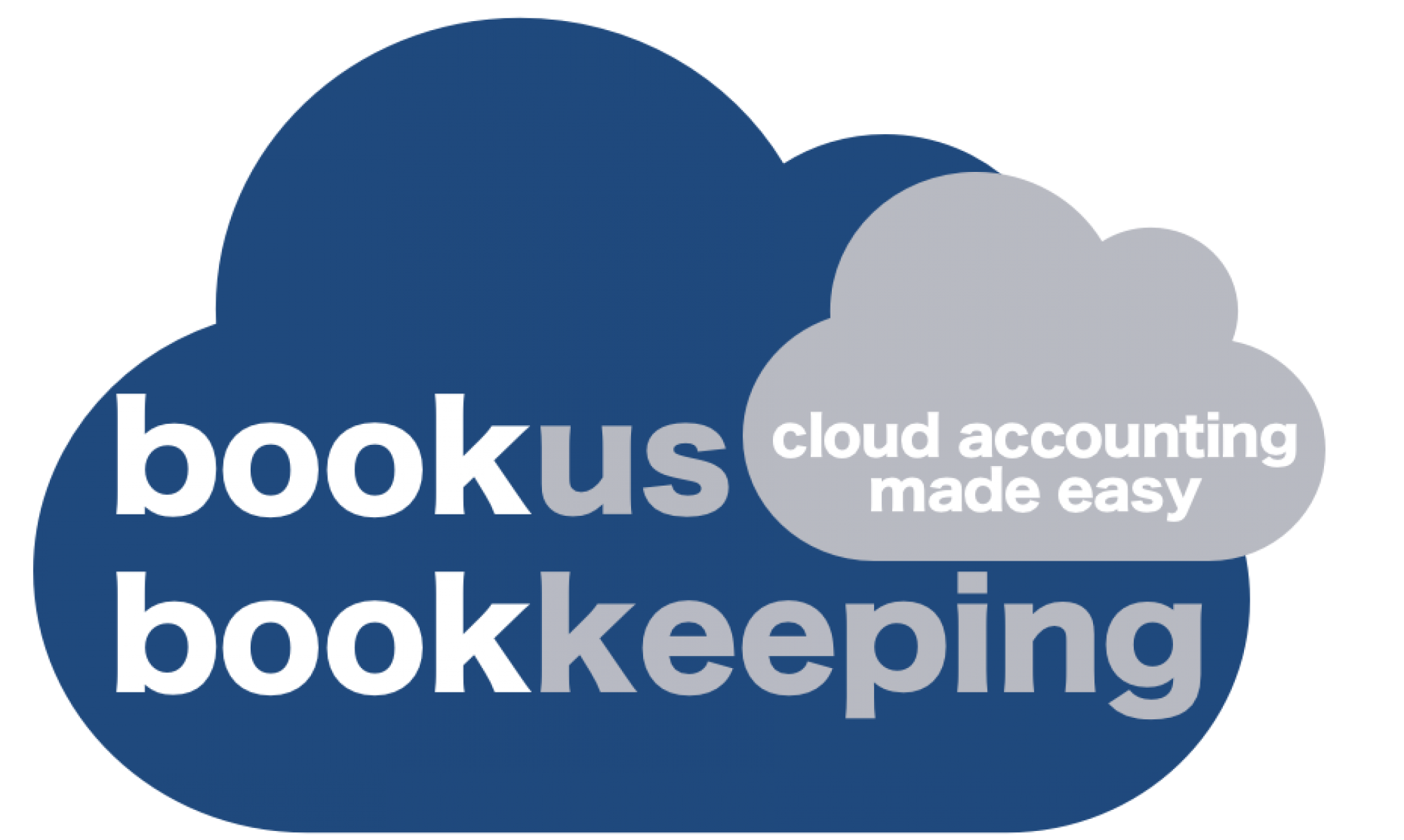Sophie and Graham were incredibly intrigued by the following case in the High Court of Australia this week about taxation for working holiday-makers. While we will obviously keep you updated on the changes that will affect you, we thought you might also be interested in a snack-sized version of this accounting news!
In January 2017, a new tax rate applicable to persons holding a working holiday visa was enacted and inserted into the Income Tax Rates Act 1986. This new section applied a flat rate to tax 15 per cent of the first $37,000 of an individual’s “working holiday taxable income” and a maximum tax liability of $5,500.
A UK convention, which Australia agreed to in 2003, specified that nationals of the UK should not be subjected in Australia to “other or more burdensome taxation” than may be imposed on Australian nationals in the same circumstances, in particular with respect to their residency in the other’s country.
A British national has won an appeal in the High Court of Australia, which found that she was discriminated against on the basis of her nationality. The tax rate was more onerous for her than for an Australian national undertaking the same work and earning the same income.
The ATO said it is currently considering the decision and would soon be providing further guidance as soon as possible, particularly for working holiday-makers who may be potentially affected by this decision. These workers are encouraged to check the ATO website for updated guidance “prior to lodging or amending a return or lodging an objection”. Employers should still continue to follow rates in the published withholding tables for working holiday-makers until the ATO website has been updated with further guidance.
“The decision is only relevant where the working holiday maker is both an Australian resident for tax purposes and from Chile, Finland, Japan, Norway, Turkey, the United Kingdom, Germany or Israel,” the ATO said in a statement shortly after judgement.
We will be waiting eagerly to see what the ATO’s updated guidance for working holiday makers is, and we will be sure to keep you in the loop.
